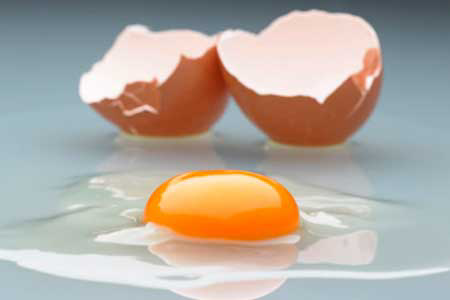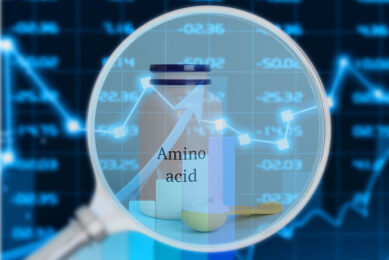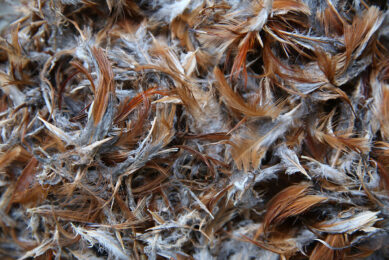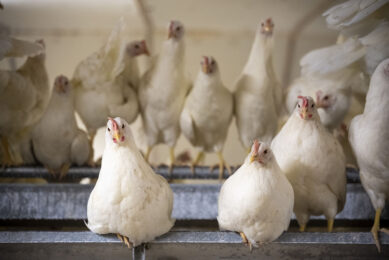Using egg yolk antibodies to cut poultry nitrogen emissions

One of the environmental challenges that the poultry industry has faced is manure utilisation and/or disposal. A joint US/Canadian study looked at the potential of reducing poultry nitrogen emissions with specific uricase egg yolk feed grade antibodies
By: WK Kim, PH Patterson, JC Rodriguez-Lecompte and SC Ricke
Poultry manure and its nitrogenous compounds can be a potential pollutant causing eutrophication, nitrate or nitrite contamination of water, ammonia volatilisation, and acid deposition in the air. Therefore, reducing nitrogen excretion and emissions in poultry manure is important to maintain a clean environment.
Proper nutrition is an important first step to optimise performance and growth in animals as well as to reduce the negative impacts on the environment. Amino acids are components of protein nutrition that greatly influence animal growth. However, excess or insufficient amino acids supplementation in diets increases nitrogen excretion and emissions.
One way to reduce this is to prevent uricase activity in the microflora in poultry manure. Egg yolk antibodies are economic alternatives for administering in feed to poultry. Supplementation of feed grade antibodies into poultry diets can be a potential approach to minimise bacterial uricase activity and reduce ammonia emissions from poultry manure. In order to use this dietary strategy effectively, a well-balanced feed formulation and a more practical way of delivering the antibodies in feeds remains to be developed.
| This is an abstract from the World ‘s Poultry Science Association‘s Journal. To purchase report options: |
Join 26,000+ subscribers
Subscribe to our newsletter to stay updated about all the need-to-know content in the feed sector, three times a week. Beheer
Beheer









 WP Admin
WP Admin  Bewerk bericht
Bewerk bericht